- When will AI surpass Facebook and Twitter as the major sources of fake news? – May 23, 2023
- The evolution of aging – May 7, 2023
- The (new) telomere theory of aging – April 15, 2023
I already knew that Aubrey de Grey was not a friend of the telomere theory of aging. In his latest book, Advancing Conversations: Aubrey De Grey—Advocate For An Indefinite Human Lifespan, the theory is not even mentioned and the word “telomere” appears only once and in a negative context, where “the removal of telomere-lengthening machinery” is cited as one of the remedies to remove age-related damage. It appears that de Grey believes telomere lengthening is a major problem, whereas Fossel thinks it is the solution. (Of course, both scientists agree that active telomerase (the enzyme that stabilizes telomere length) is linked to cancer.)
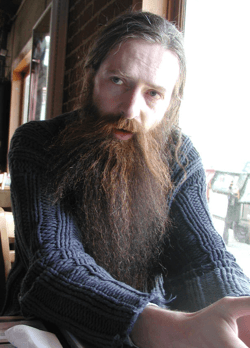
Aubrey de Grey
I am certainly not in the position to decide which of these experts is right. It is, of course, quite common for scientists to have different views in relatively new fields of science. However, I find it interesting that those two leading figures of the gerontology scene don’t even agree on where the rest of the community stands.
In the video with Kurzweil (highly recommended for every transhumanist), de Grey has to say this about telomere shortening (at about 10:20):
A lot of people think that telomere shortening is a really important part of aging, but that’s actually pretty much rejected by the gerontology field now, and I think that the rejection is correct. I think, in fact, that telomere shortening only plays a minor role if any in aging and only very few specific tissues. The immune system may be one example.
Admittedly, in the beginning he said, “A lot of people think that telomere shortening is a really important part of aging.” However, it seems the people he refers to here are not gerontologists.
Michael Fossel, on the other hand, says this in in his recent book, The Telomerase Revolution (page 19):
However, as I write these words in early 2015, the telomere theory of aging has become the dominant one, although it is far from fully accepted by all scientists. I’d estimate that roughly half of the experts in the field accept it. Most promisingly, younger scientists are far more likely to consider the theory uncontroversial.
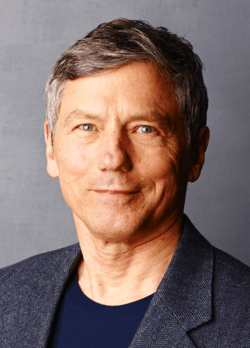
Michael Fossel
I think interview with Aubrey de Grey was first published in September 2015. So what’s going on here? What do the majority of gerontologists really think about the telomere theory aging?
In two other books I recently read (The Abolition of Aging by David Wood and Cracking the Aging Code by Josh Mitteldorf and Dorion Segan), I got the impression that the telomere theory is getting more and more supporters lately.
However, I am also far from being able to determine whether de Grey or Fossel would win an opinion poll in the gerontology community in 2017. One thing is clear, though. The fact that two prominent scientists can publicly make such contradicting claims about the beliefs of their colleagues shows that the entire field is moving forward at an increasing speed, so that no one even knows what the majority of experts think of a prominent theory in their field.
What do you think? Pretty much rejected or dominant?

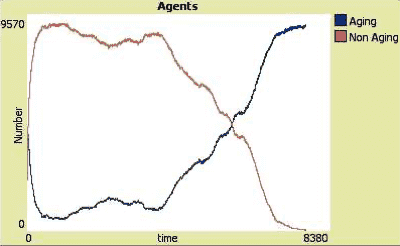
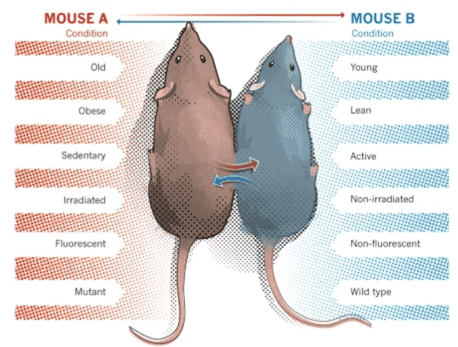
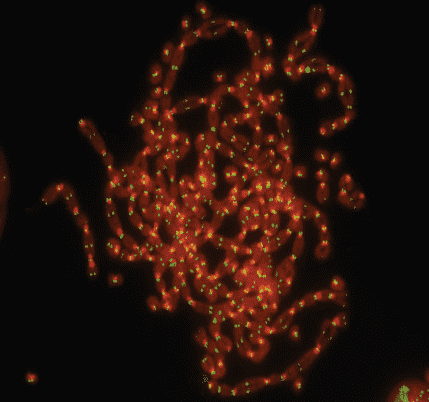

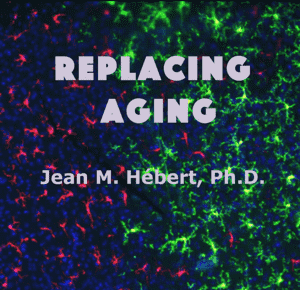
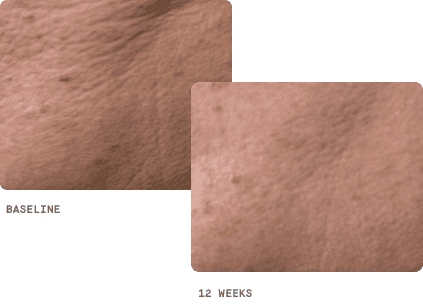
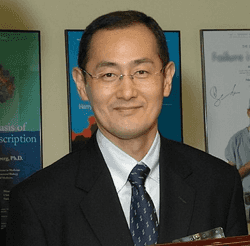
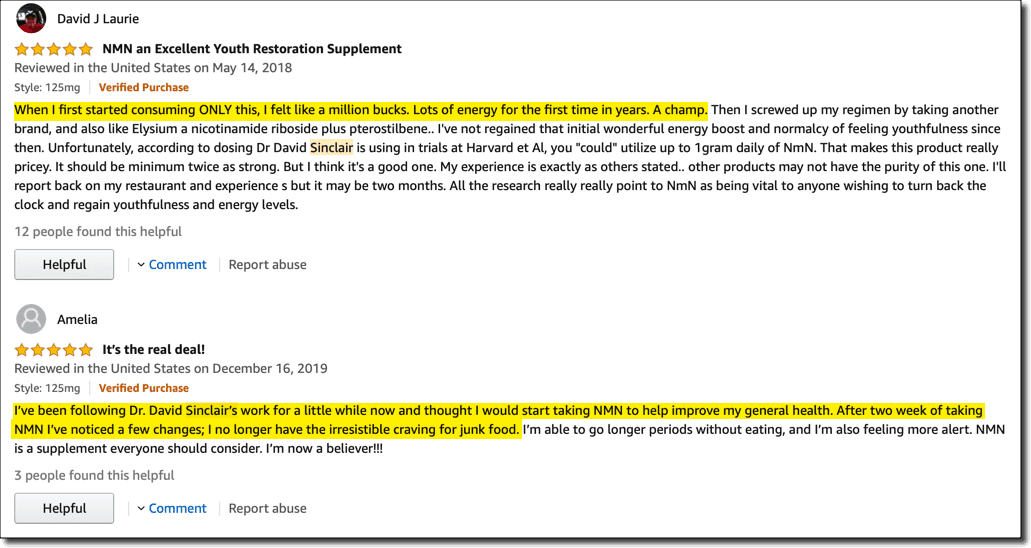
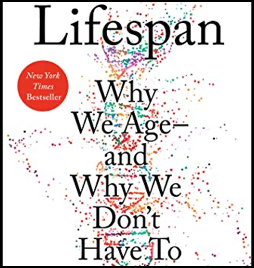
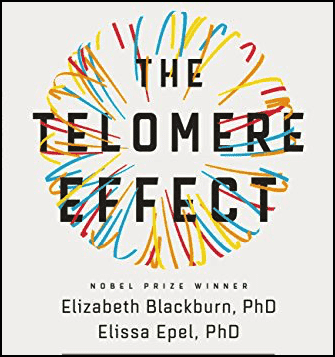



Did you receive any responses to this question? I’ve been wondering the same thing, having just finished Fossel’s book and read DeGrey’s first.
I am currently reading Molecular biology of the cell (recommended), a standard text book for college students. The 6th edition was released at the end of 2014 shortly before Kurzweil interviewed de Grey. This is what the authors had to say about the telomere theory of aging:
The authors usually use the phrase “has been proposed” if a theory is controversial. However, nowhere do they say that the theory is “pretty much rejected.” It is very unlikely that a theory where the majority of scientists believe that it is wrong makes it into a standard text book. Needless to say that they also discuss the damage theory of aging.
All the books and articles I read about aging since I wrote the blog post (and I read many) confirmed Fossel’s claim, that is, that more and more young scientists adopt the theory.
I just saw a new and a really great BBC documentary about the science of aging which was aired a couple of weeks ago. I think it is fair to say that the telomere theory dominated this report. None of the scientists claimed that the theory is wrong although it became clear that telomerase probably is not the “silver bullet” that Fossel wants it to be.
Things are probably a bit more complex. However, I think it is now undisputed that telomere shortening significantly contributes to aging. Research in the years to come will show how much and how it exactly it works. I find studies about the telomere position effect most interesting.
Excellent response, thanks. I’m coming to the view that SENS and telomerase therapy may in fact be highly complementary, with SENS focused on cleaning up the residue of past aging and telomerase therapy focused on preventing further harm from aging. Do you agree with this conceptual framing?
Thanks! Excellent question! 😉
I can only tell you what Fossel and other supporters of the telomere theory of aging probably would respond. The thing is that young cells are very capable of repairing damage and getting rid of debris. However, when cells get older they more and more lose this capability. Thus, damage is an effect of aging and not the cause. If you really want to cure aging, you have to control what causes aging. If you reverse aging, the cells regain their damage repair capabilities and probably will remove all the residues of past aging.
I am afraid that it might turn out that Aubrey de Grey will have a similar role as Marvin Minsky had in AI research. Minsky’s critique of neural networks, prevented serious advances in AI research for decades. It is now clear that symbolic AI was the absolutely wrong approach and didn’t produce any noteworthy results. Symbolic AI failed because researches totally underestimated the complexity of intelligence. Researches tried to master the effects of intelligence (intelligent behavior) instead of trying to figure out what “causes” intelligence in the brain.
The damage repair approach of SENS might fail for the same reason. They underestimate the complexity of damage causing processes and the damage repair pathways in the cell. Instead of getting to the root of the problem they try to deal with the effects.
In AI, only after the paradigm shift do we see serious progress. AI research is now all about neural networks. Imagine where AI would be now if all those AI researches didn’t waste so much time and money with symbolic AI. This can happen if influential scientists support the wrong theories and research money goes into the wrong direction. The good thing is that the paradigm shift in aging research is now on the way.
But then I am only a layman who is shocked by the complexity of cell biology. I only extensively studied the philosophy and the history of science in college. All I can say is from that perspective is that we are now seeing the typical signs of a paradigm shift which happens all the time in science. By the way, I also predicted the paradigm shift in AI in my master thesis more than 25 years ago. I just hope it won’t take so long this time